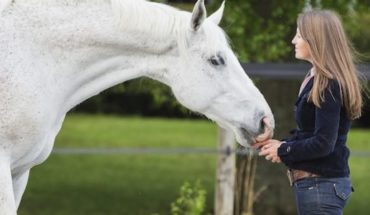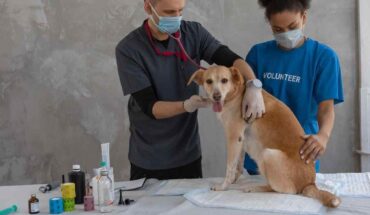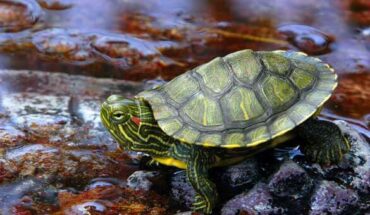An unhealthy gut can lead to problems in the horse’s gastro-intestinal tract, such as colic and gastric ulcers, which isn’t good for any horse, but especially the competition horse where health and performance are inextricably linked. The digestive system performs many functions including the digestion and absorption of food and an important role in the horse’s immune system. In order for the digestive system to function efficiently the population of bugs or “microbiome” that live in the gut need to be healthy and in balance. We have put together a short guide on how to promote gut health in the competition horse and how using the right horse feeds can be the first step in helping a horse to perform at its best.
The Hindgut
Consisting of the caecum,colon and the rectum, the hindgut is where fibre fermentation occurs which produces slow release energy. Over 2-3 days, the microorganisms in the hindgut break the fibre down by fermentation releasing the energy trapped in the bonds that join the particles of fibre together. If an overload of starch reaches the hindgut which can be caused by feeding too much horse feed in one meal, it can cause an imbalance. Starch-digesting bacteria create lactic acid which increases the acidity in the hindgut, known as hindgut acidosis. This increase in acidity kills the beneficial fibre-digesting bacteria and the toxins created can cause digestive upsets such as colic.
The Importance Of Fibre For The Digestive System
Fibre plays a very important role in the horse’s diet, including helping to keep the gut full which gives it stability when the horse exercises, acting as a water reserve and providing a source of energy/calories, which is particularly beneficial for competition horses. The bacteria in the hindgut digests the fibre and passes the energy from the fibre to the horse. During bacterial fermentation of the fibre, vitamins, including B1, vitamin K and biotin are produced in the hindgut. In addition, the fibre can soak up and hold the water in the gut, thus acting as a water reserve when the horse requires it. Therefore, many competition horses can be fed on fibre, without the need for additional cereals added to horse feed that increase the risk of several diseases.

How To Feed Fibre To Your Horse
As the size of the horse’s stomach is only as big as a rugby ball, it cannot accommodate large portions. Fibre takes longer than cereal mixes and cubes to be eaten, so you don’t need to restrict the amount of fibre fed. Whereas, with cereal-based feeds, these can only be fed in small quantities, thus the rule of feeding ‘little and often’.
As already mentioned, fibre has many functions throughout the digestive system, including producing energy, other nutrients, keeping harmful bacteria at bay and producing heat to keep the horse warm. Therefore, by feeding plenty of fibre to your horse, they will be able to take advantage of these benefits.
In order for the bacteria to thrive in the digestive system, they need a stable environment. Any sudden changes to the horse feed used can result in the bacteria dying off as their environment changes and becomes less hospitable. In turn, this can result in toxins being produced, which can lead to colic and laminitis.
Feed high quality fibre to your horse as cheaper horse feeds such as molassed chaffs tend to contain higher levels of sugar which may cause upsets to the digestive system. By sticking to this advice it can help to promote the gut health in your competition horse, thus allowing them to perform better overall.
Feeding To Aid Recovery
A balanced diet and correct nutrition are required to promote healing and repair of soft tissues in the horse. For example, amino acids are the building blocks of protein and so help to build muscles in response to exercise. Alfalfa is a good source of the amino acid lysine, which has to be supplied in the diet and so is termed essential. Selecting a horse feed that contains alfalfa will help the horse recover from exercise.
After working your horse it is important that you allow them to rehydrate. Offer them a drink of water and add electrolytes if the horse will drink them, as this helps with recovery. It has been found that immediate drinking after work can help prevent your horse from colic caused by dehydration.
Can Digestive Aids Help?
To help safeguard the health of your competition horse, probiotics and prebiotics can be fed. These are usually in the form of a dietary supplement rather than in horse feed. . Probiotics for horses are only allowed to contain live yeast as no bacteria are approved for horses currently. Prebiotics are ingredients that only beneficial bacteria in the gut can utilise. By keeping them well fed they proliferate which means they can keep harmful bugs at bay.
Hopefully this guide to promoting the gut health of the competition horse will mean you keep your horse fit and well so they can perform at their best! If you would like more information about gut health and what is best to feed your horse, don’t hesitate to contact an equine nutritionist.




